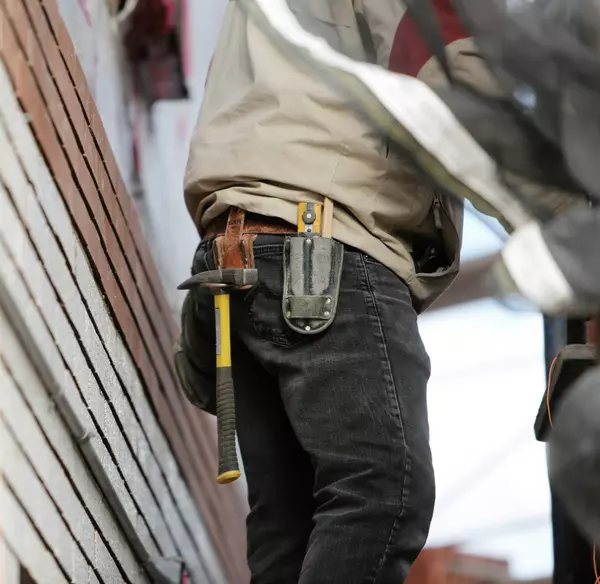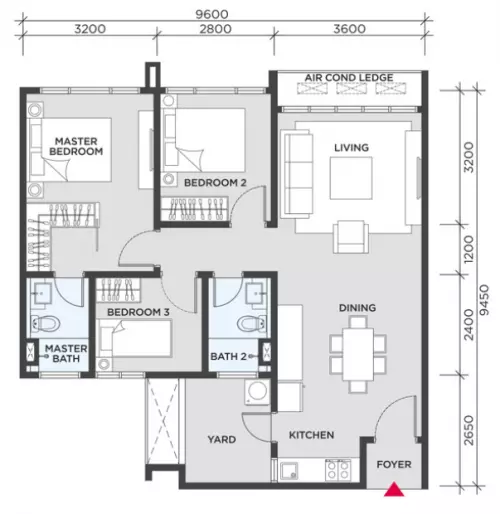

WHAT IS THE MARKET VALUE OF YOUR HOME?
Before you can make an informed decision about selling your home you often need to verify the Market Value of your Home. Market Value is defined as the price that you could expect to sell your Home on the open market given a normal period of exposure. Receiving an accurate estimate of the Market Va
Read More

WHAT TYPE OF FURNACE OR HOT WATER TANK SHOULD I INSTALL IN MY HOME?
Many clients ask what type of furnace or HWT should I choose to replace my current heating appliance. In Calgary we typically assume gas service so although there are many types of furnaces and hot water tanks, gas appliances generally fall into the two broad categories of direct (sealed) vent or
Read More

FIVE THINGS TO KNOW ABOUT CALGARY SECONDARY SUITE APPLICATIONS
YOUR PROPERTY The first thing you need to know before applying for a secondary suite re-designation is how your property is currently zoned. The city will accept re-designation applications (often called re-zoning) for any property but you’ll want to set yourself up for success by knowing the curre
Read More

KEY CONTRACTOR QUESTIONS TO ASK BEFORE HIRING
Here’s a few key contractor questions to ask and steps to follow before hiring a contractor of any type, including handymen: 1. Know specifically what you want to have done. Try to have plans drawn up by an Architect or Designer. The more information you have available for the contractor, the bet
Read More
Categories
Recent Posts











